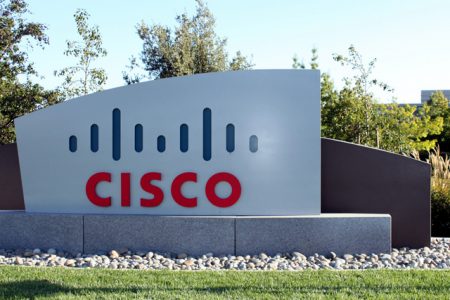The group will focus on the adoption of bitcoin’s underlying technology to the Internet of Things segment.
The group of companies including Cisco, Bosch, Bank of New York Mellon, Foxconn, security company Gemalto and blockchain startups Consensus Systems (ConsenSys), BitSE and Chronicled, has decided to unite efforts to adopt the blockchain to Internet of Things applications. The initiative demonstrates the intention of companies beyond financial sphere to benefit from bitcoin’s underlying technology.
The group will aim their efforts at the development of a shared blockchain protocol for the Internet of Things – the concept that everyday objects, from washing machines to shipping containers, will be connected to the internet and will be able to exchange data.
The consortium underlines that this year blockchain is likely to see more initiatives as a potentially disruptive technology.
“Securing identity for physical property and packaging is going to be a big business opportunity over the next decade, high value parts of logistics supply chains and regulated industries like energy, pharmaceuticals, and cold chain could all see a blockchain component over the next decade,” said Joe Pindar, director of product strategy at Gemalto.
While Internet of Things offers a number of obvious advantages for consumers, possible risks must not be underestimated. The more devices are connected, the higher possibility of hack is.
And this is exactly the area where the blockchain can be really helpful. The technology was created as a tamper-proof distributed record of transactions that is maintained by a network of computers on the internet and secured through advanced cryptography. Blockchain supporters believe that it can provide additional security and better identity management to Internet of Things applications.
“We are seeing tremendous potential for the application of blockchain in industrial use cases,” said Dirk Slama, chief alliance officer at Bosch Software Innovations. “Being able to create a tamperproof history of how products are manufactured, moved and maintained in complex value networks with many stakeholders is a critical capability …”
The investment in both spheres of the blockchain and Internet of Things continues to grow. We have recently published a list of 5 most profitable companies to invest in 2017.
The consortium of Cisco, Bosch and others is only one of several collaborative efforts made by large companies to advance the development of the blockchain. Seven large banks have recently partnered to develop a blockchain-based trade finance and supply chain platform called Digital Trade Chain (DTC).
The platform is expected to make domestic and cross-border commerce easier for European small and medium-sized enterprises (SME). It will serve as a connection point between the parties involved in a trade transaction (buyer, buyer’s bank, seller, seller’s bank and transporter).
The blockchain technology attracts attention of companies in different spheres, but some financial firms have forged ahead, recently announcing plans to deploy new blockchain systems this year.
next